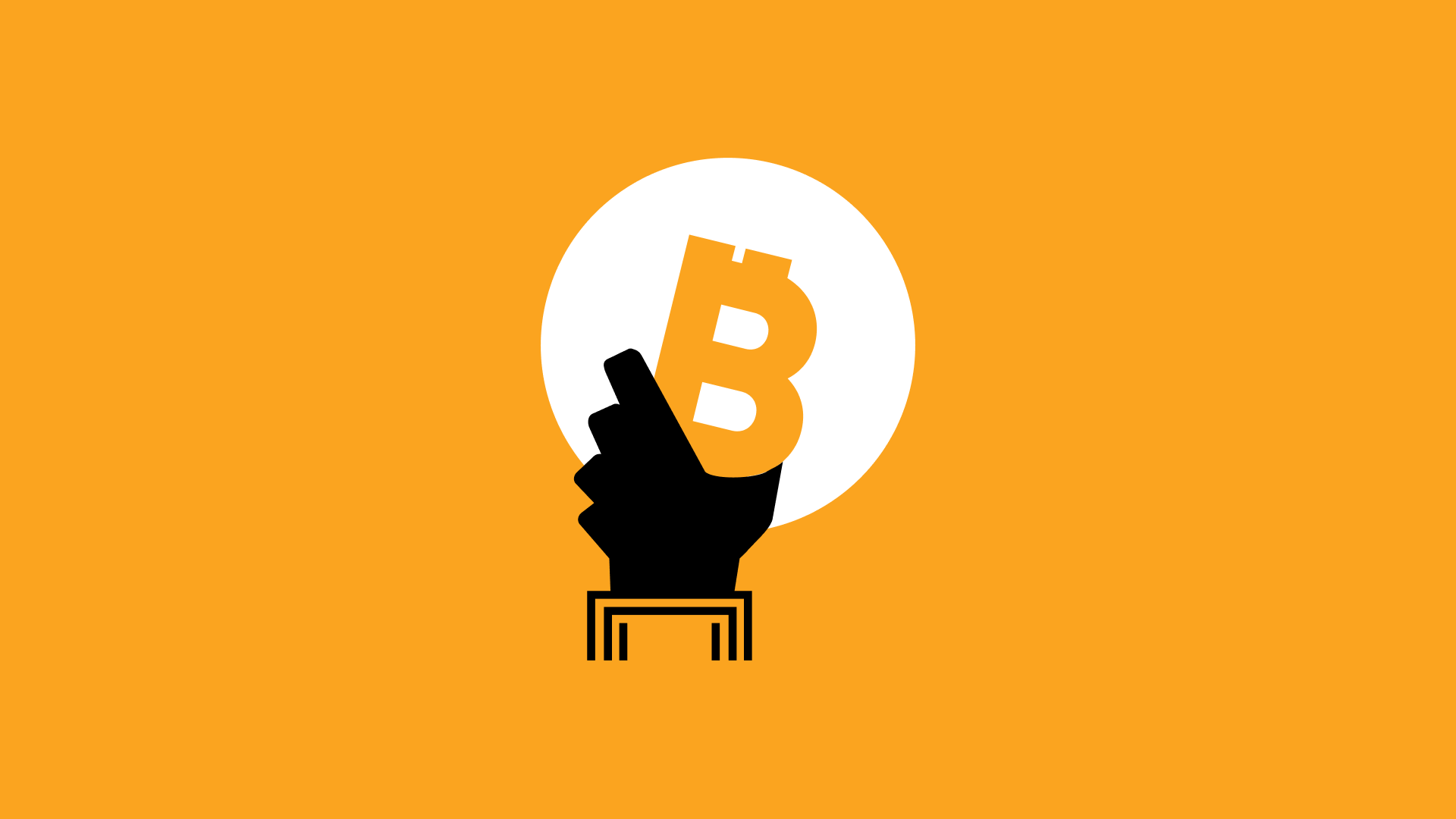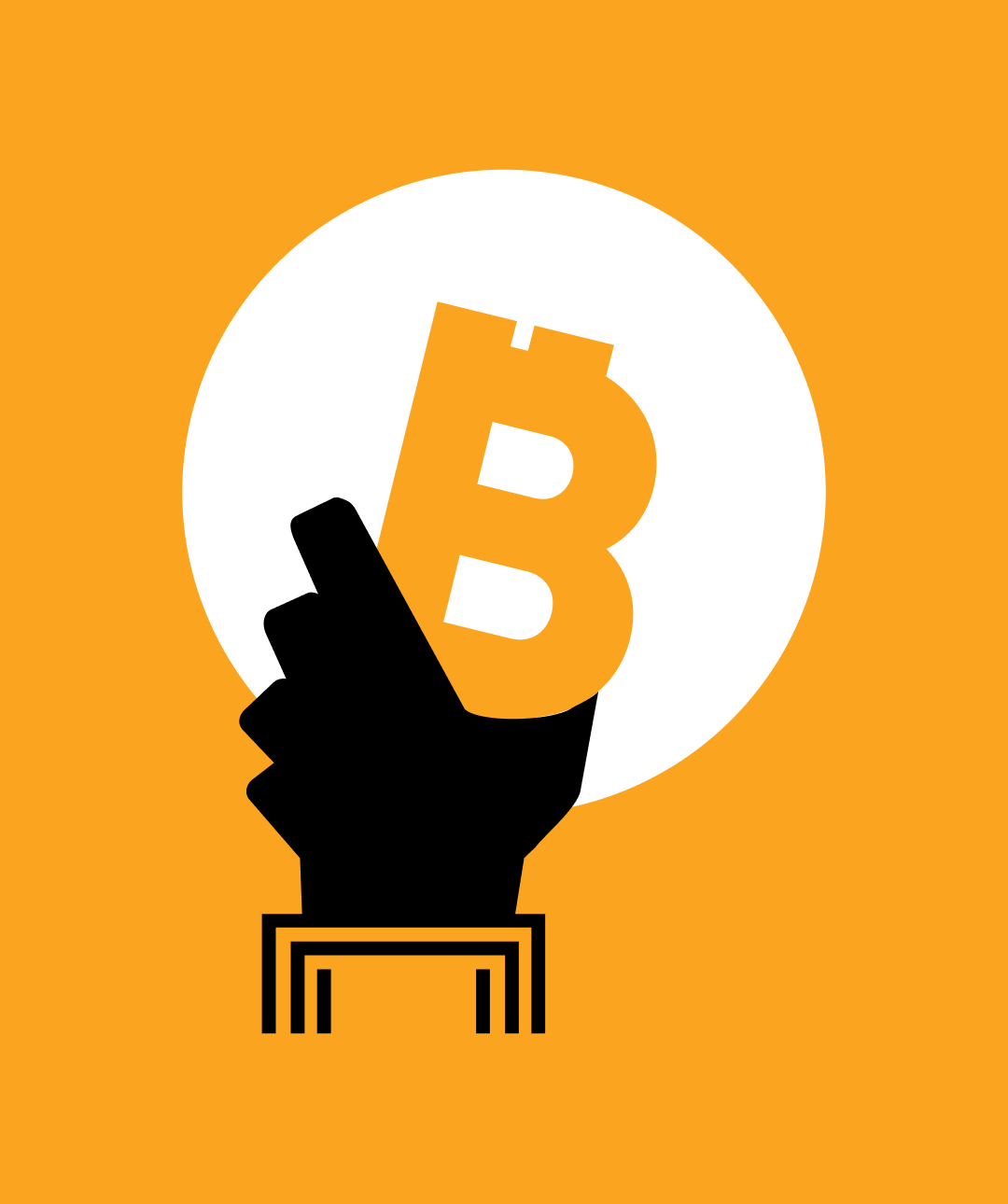

NEW YORK (September 6, 2022) – The Human Rights Foundation (HRF) is pleased to announce its latest round of gifts from its Bitcoin Development Fund, focusing on censorship-resistant donations, core development, open-source self-custody, chaumian e-cash, and global education. Gifts will be allocated as follows:
• $100,000 to BTCPay, a free and open source Bitcoin payment processor. BTCPay enables activists and dissidents to accept uncensorable, unfreezable global payments in a relatively private manner using Bitcoin. This grant allows BTCPay to continue to provide free Bitcoin payment software for businesses and individuals regardless of geographic, political or financial barriers. This gift is made in partnership with Strike’s affiliated nonprofit.
• $50,000 to Jon Atack, a Bitcoin Core developer. As a Core developer, Jon serves a critical role of reviewing code, discovering bugs, and testing fixes for a wide range of areas that support Bitcoin’s protocol-level development. Funding will support Jon as he continues his vital and indefatigable Bitcoin Core work.
• $50,000 to Josh Kitman for his work on Fedimint, a Chaumian e-cash solution aiming to bring “Signal to Bitcoin”. Signal Messenger brought open-source p2p encryption to hundreds of millions of people by making certain tradeoffs: Fedimint aims to do the same by bringing increased Bitcoin privacy and scalability to the masses. This grant will support Kitman’s work on the open-source protocol.
• $25,000 to Robosats, an open-source and private peer to peer Lightning exchange. Robosats allows anyone to privately buy and sell Bitcoin using the Lightning Network. Robosats uses Tor and lightning hold invoices to minimize custody and trust requirements. Funding will allow Robosats to continue open-source development, add more language and currency support, as well as improve their wiki guide.
• $25,000 to Leigh Cuen for her work on a Bitcoin donation guide to nonprofits. Leigh’s guide will cover how NGOs, state institutions, and activists can use Bitcoin. It will be published in the coming month in partnership with the Bitcoin Policy Institute.
• $25,000 to Novaya Gazeta Europe, one of Russia’s leading independent news outlets. Novaya Gazeta Europe is renowned for their investigative coverage of Russian politics and society. Funding will allow the newspaper to explore the intersection of cryptocurrency and human rights in the context of Putin’s war on Ukraine and the resettlement of millions of Ukrainian refugees and Russian exiles.
• $25,000 to Keith Mukai, the full-time lead dev working on SeedSigner. SeedSigner allows you to build your own offline, air gapped, Bitcoin hardware wallet. Funding will allow Keith to work on advanced multi-language support for right-to-left languages (Arabic, Hebrew, etc), hardware R&D to expand the DIY build to other hardware options easier to source than the Raspberry Pi Zero, and ongoing bugfixes and security patches.
• $25,000 to the Vinteum initiative, a non-profit Bitcoin research and development center dedicated to supporting Bitcoin developers in Brazil and wider Latin America. Vinteum wants to decentralize the talent pool, ensuring that Bitcoin will continuously be improved and that tools to make it more accessible will be developed. Funding will support Vinteum in their educational seminars, fellowships, and grants.
Over the past two years HRF has allocated more than $1.5 million in BTC and USD to more than 40 developers and educators across the world. HRF continues to raise support for the Bitcoin Development Fund, with the next round of gifts to be announced in January 2023.
HRF is a registered 501(c)(3) non-profit organization, and donations are tax-deductible to the fullest extent allowable by law. Gifts can be made at HRF.org/DevFund, while proposals for support can be submitted to [email protected].
Follow @HRF on Twitter for more updates on this project and all of our other programs designed to promote freedom and human rights around the world.
Hit enter to search or ESC to close